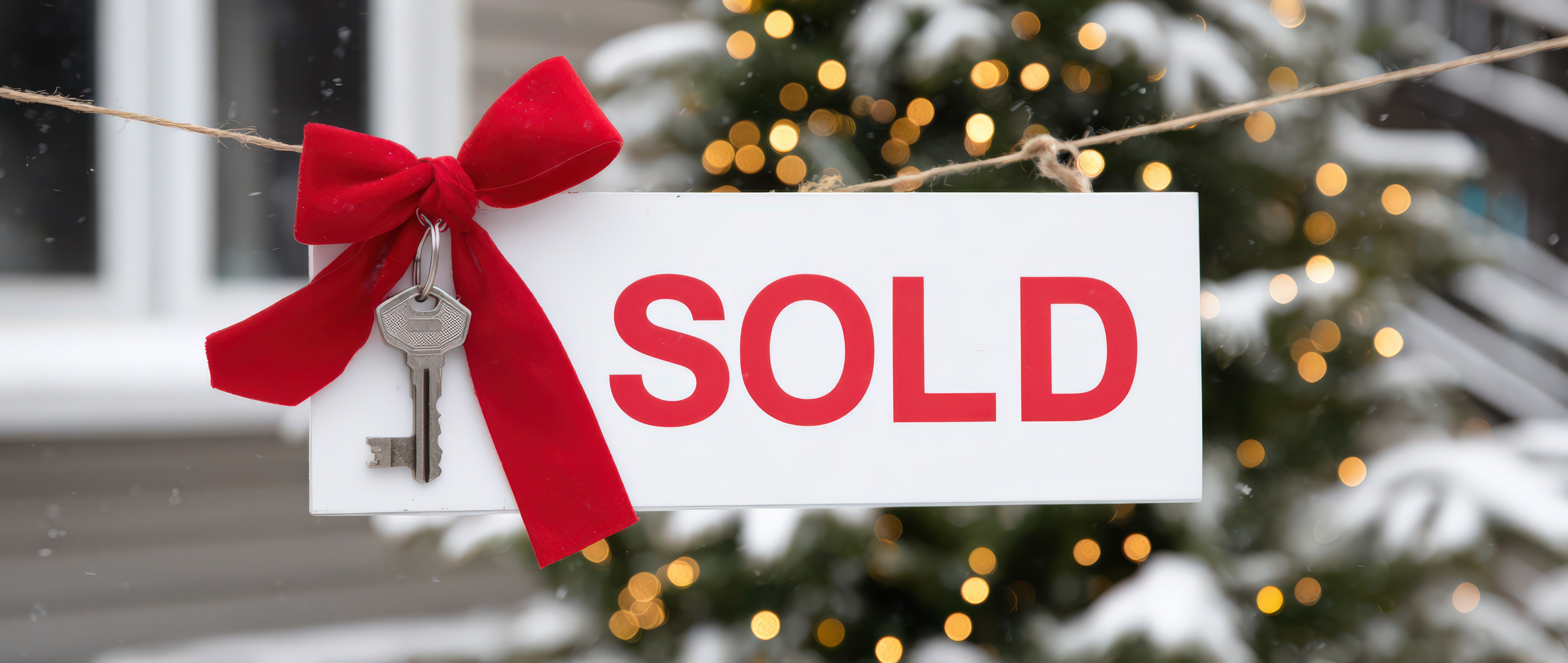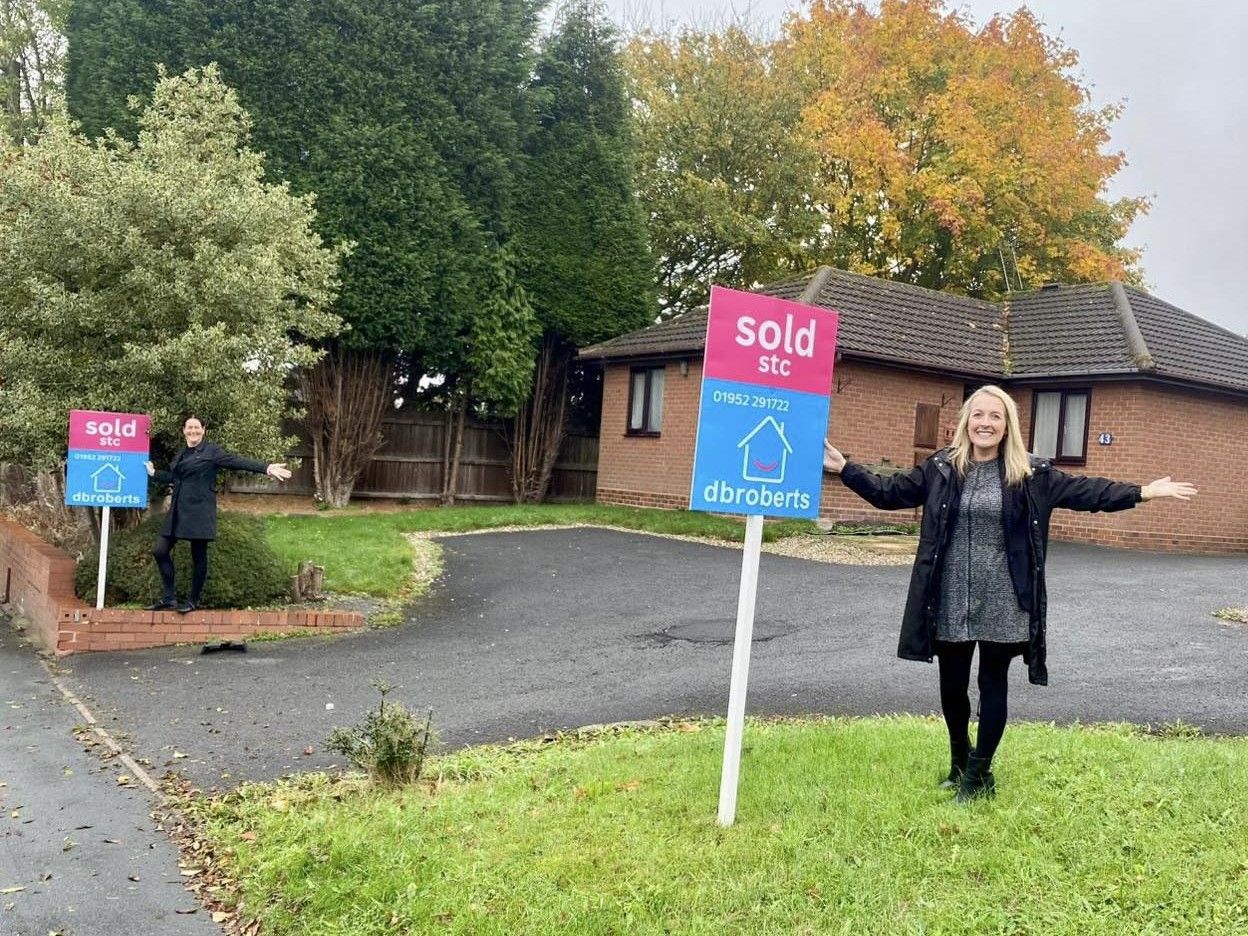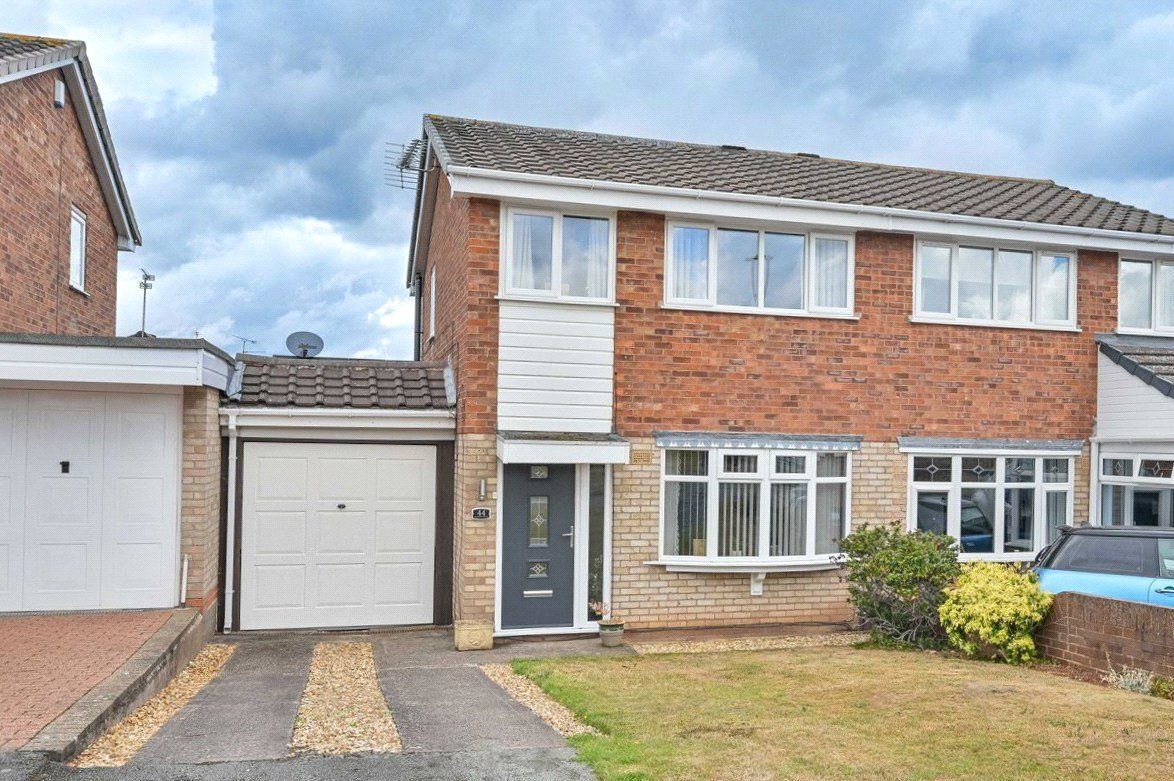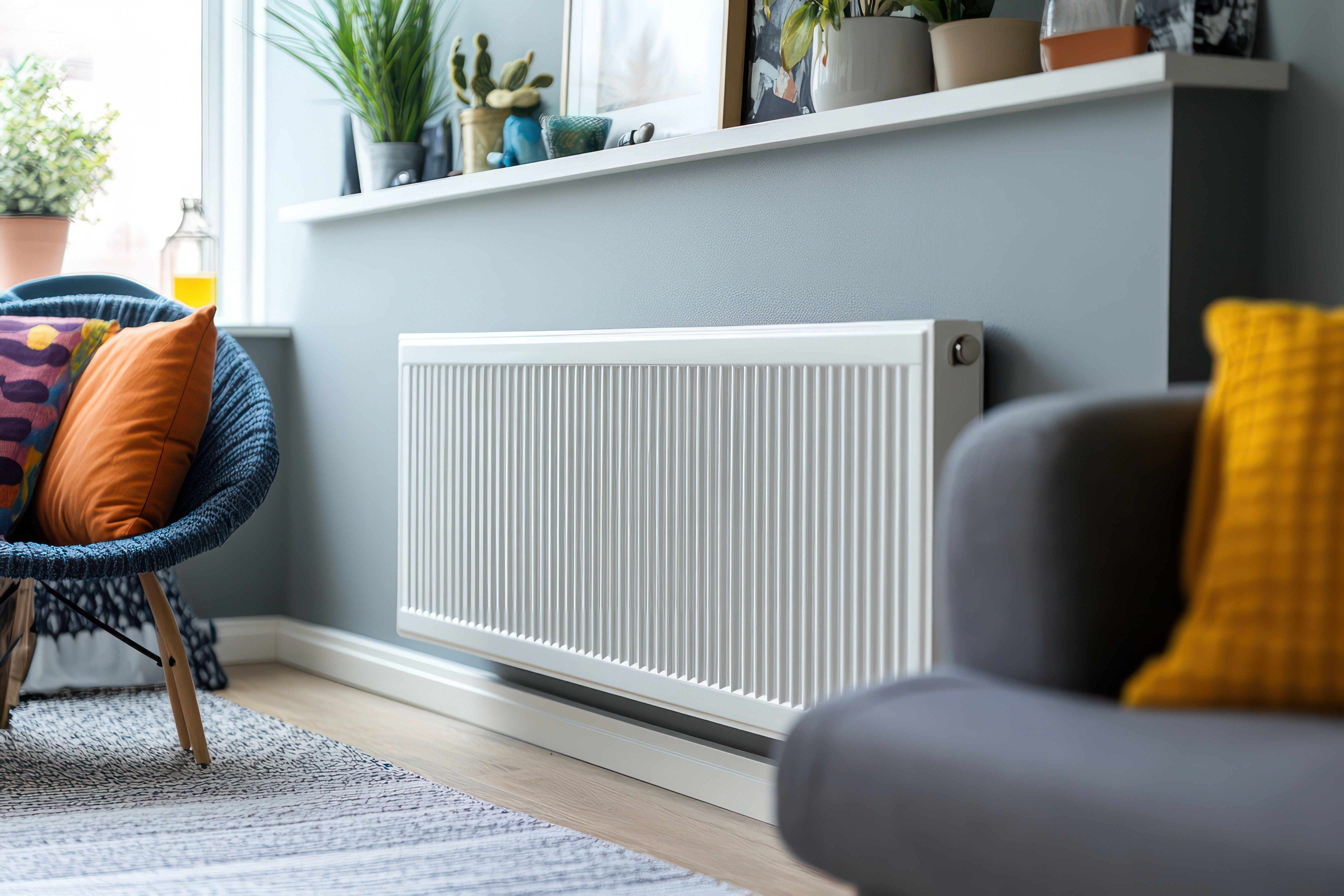Demand for property was up nearly 60% over the last two years, while supply drained to 40% below the norm. Which meant only one thing: house prices increased as the nation got moving.
Key takeaways
- A third of UK homes went up by more than £50,000 during the pandemic
- In rises not seen since 2006, 270,000 homeowners have now joined the millionaires' club
- The average UK home has earned £48 a day since February 2020
Nearly 10m homes shot up by £50,000 in value over the last two years, as the pandemic created levels of demand from buyers not seen since 2006.
The average home went up £48 a day as the world entered a new phase of flexible working from home, freeing up home buyers to shop further afield in new locations.
Demand was so high, running at 58% above the five-year average, that supply levels took a hit, with the number of homes for sale falling to 40% below the five-year average.
This, in turn, pushed house prices higher at rates not seen for 16 years, as buyers competed to secure the homes of their dreams.
Total value of UK homes passes £10 trillion mark
For the first time, the total value of the UK's 29.5m homes has surpassed the £10 trillion mark, as £1.3 trillion was added to the property market during the course of the pandemic.
The overall value of UK homes now stands at £10.1 trillion.
Where the biggest value rises were seen across the country
|
Region |
Value of housing today |
Value pre-pandemic |
Change in value |
Average property value |
|
Wales |
£335bn |
£274bn |
22% |
£201,000 |
|
South West |
£965bn |
£803bn |
20% |
£320,000 |
|
North West |
£765bn |
£636bn |
20% |
£192,000 |
|
East Midlands |
£569bn |
£476bn |
19% |
£235,000 |
|
Yorks and Humber |
£547bn |
£460bn |
19% |
£186,000 |
|
West Midlands |
£671bn |
£573bn |
17% |
£225,000 |
|
North East |
£213bn |
£182bn |
17% |
£144,000 |
|
South East |
£1,879bn |
£1,633bn |
15% |
£394,000 |
|
Eastern |
£1,109bn |
£964bn |
15% |
£350,000 |
|
Northern Ireland |
£143bn |
£125bn |
15% |
£158,000 |
|
Scotland |
£493bn |
£435bn |
13% |
£164,000 |
|
London |
£2,398bn |
£2,248bn |
7% |
£516,000 |
|
UK as a whole |
£10,088bn |
£8,809bn |
15% |
£266,000 |
Homes in Wales saw the greatest increase in value since the pandemic began in February 2020, with house prices up 22% on average.
Wales was hotly followed by the North West and South West, where prices rose by 20% in both areas.
In London, which lagged behind the rest of the country both in terms of demand and price rises throughout the pandemic, the increase was just 7%.
That’s less than half the national average increase, mainly because the average property in London costs 11.5 times the average salary, putting property prices way above the rest of the country.
The ability to work from home also dented demand for homes in the capital - and particularly demand for apartments.
The high value inner areas of London were hit too as the world came to a standstill.
With no city buzz to enjoy, home hunters began searching for more space in idyllic locations by the sea or in the countryside instead.
Despite that, when looking at the whole of the UK, London and the South East still account for 23.5% of the total value of our housing.
However, that share has fallen from 26% pre-pandemic.
One in three homes shot up in value by more than £50,000
Of the UK's 29.5m homes, nearly a third, or 9.4m, have grown in value by more than £50,000 since the start of the pandemic.
Our data shows the UK's more affordable regions saw the biggest gains, as flexible working opened up the housing landscape to buyers.
Zoopla’s Executive Director Richard Donnell says, "An exodus of older workers from the labour market over the pandemic, together with more working from home, is driving more households to look further afield for their next home to get greater value for money."
That said, where homes are already more expensive, gains could also be seen.
London and the South East account for over 3m of these rising properties, while in the South West, nearly 2m grew by more than £50,000.
A further 9.4m homes across the country increased by £25,000-£50,000 in value.
How homes went up in value across the UK
|
Price change |
Number of homes |
% of UK homes |
|
Unchanged or lower |
1.7m |
6% |
|
Increase up to £25K |
8.8m |
30% |
|
Up £25K - £50K |
9.4m |
32% |
|
Up £50K - £75K |
4.6m |
16% |
|
Up £75K - £100K |
2m |
7% |
|
Up £100K or more |
2.9m |
10% |
Zoopla Value of Housing Report
"The gains over the last year are the largest since 2006 but they are far from uniform," says Donnell.
"Every homeowner experiences the impact of the market through the changing value of their own property.
"Rising home values unlock new opportunities for homeowners considering their next move."
But there have also been losses in value across the UK
A total of 1.6m homes (that’s 5.7% of the total housing market) have either stayed the same price or lost value since the pandemic began.
Of these, 800,000 have seen a value decline of 5% or more.
These homes can mostly be found in inner London, where the impact of the pandemic has hit travel, working patterns and demand for homes.
Westminster, Kensington & Chelsea, Islington, Hammersmith & Fulham, Tower Hamlets and Southwark all suffered losses in the capital, accounting for 28% of that 800,000 - or 224,000 homes.
In Scotland, Aberdeen and Aberdeenshire, where the economy suffers from the historic decline in oil prices, accounted for a further 6% of homes declining in value - or 48,000 homes.
"Not everyone has seen home values increase," says Donnell.
"Affordability is holding back prices in London and southern England and our analysis reveals the centre of gravity of the housing market is shifting northwards.
"The largest gains in value are being seen in more affordable areas where there is further room for price growth, even with modest increases in mortgage rates."
Source Zoopla
Need help? Speak with a member of our team
Speak with one of our advisors today for a personal touch.
Contact Us














